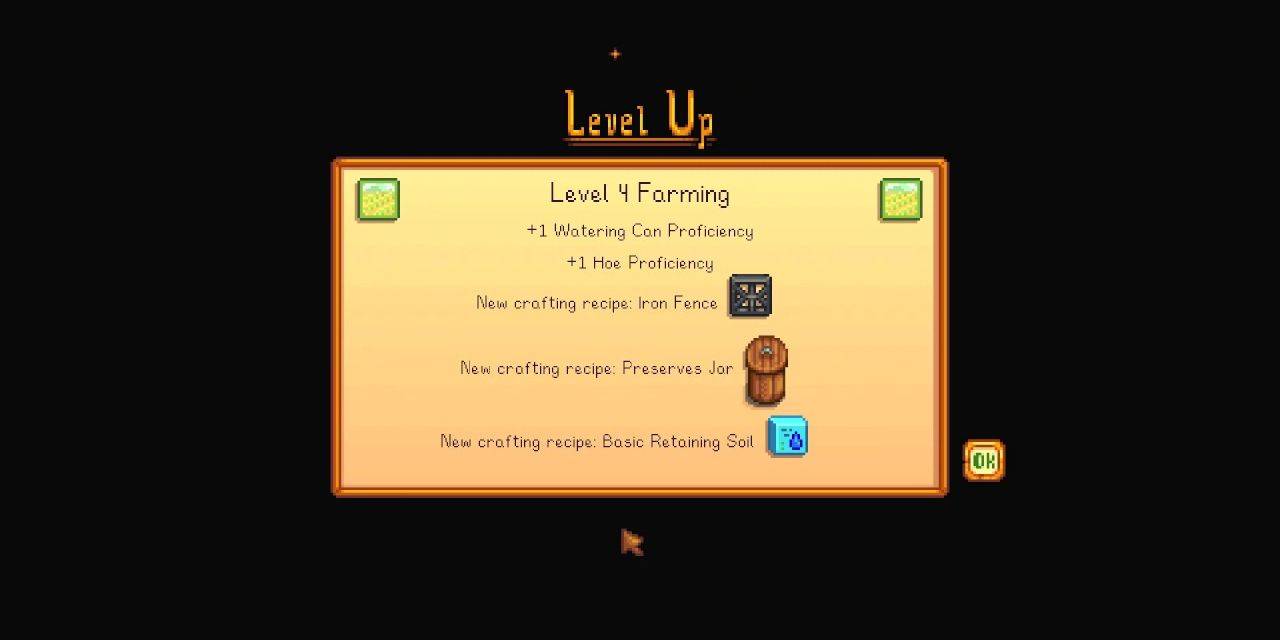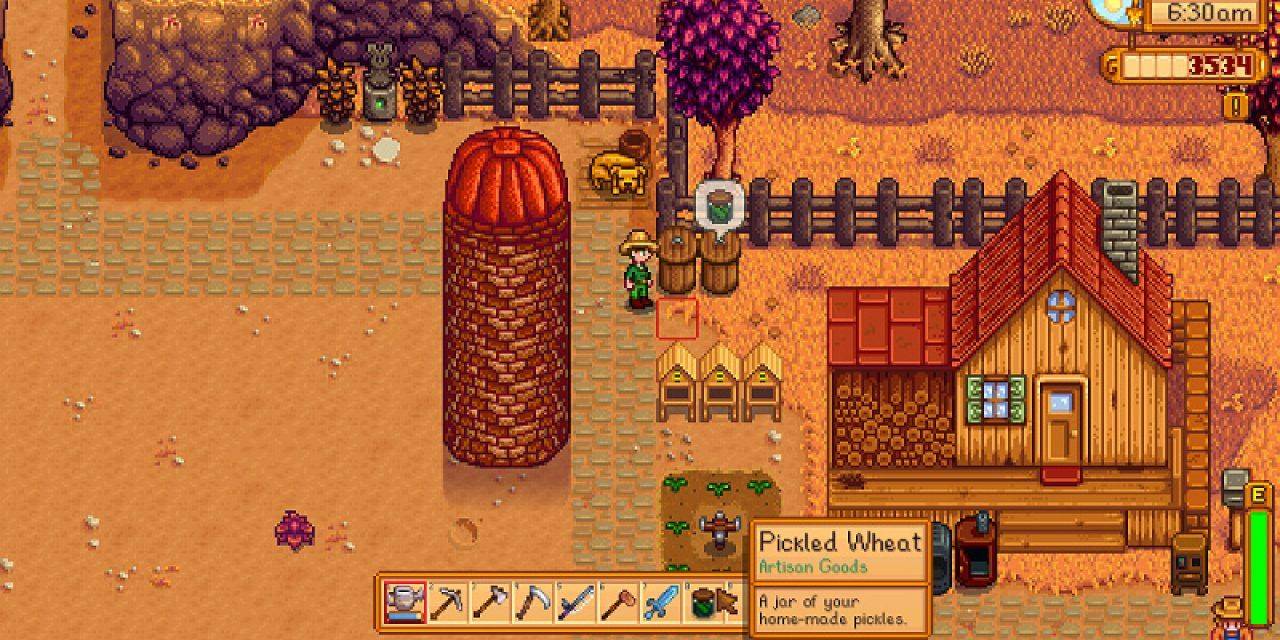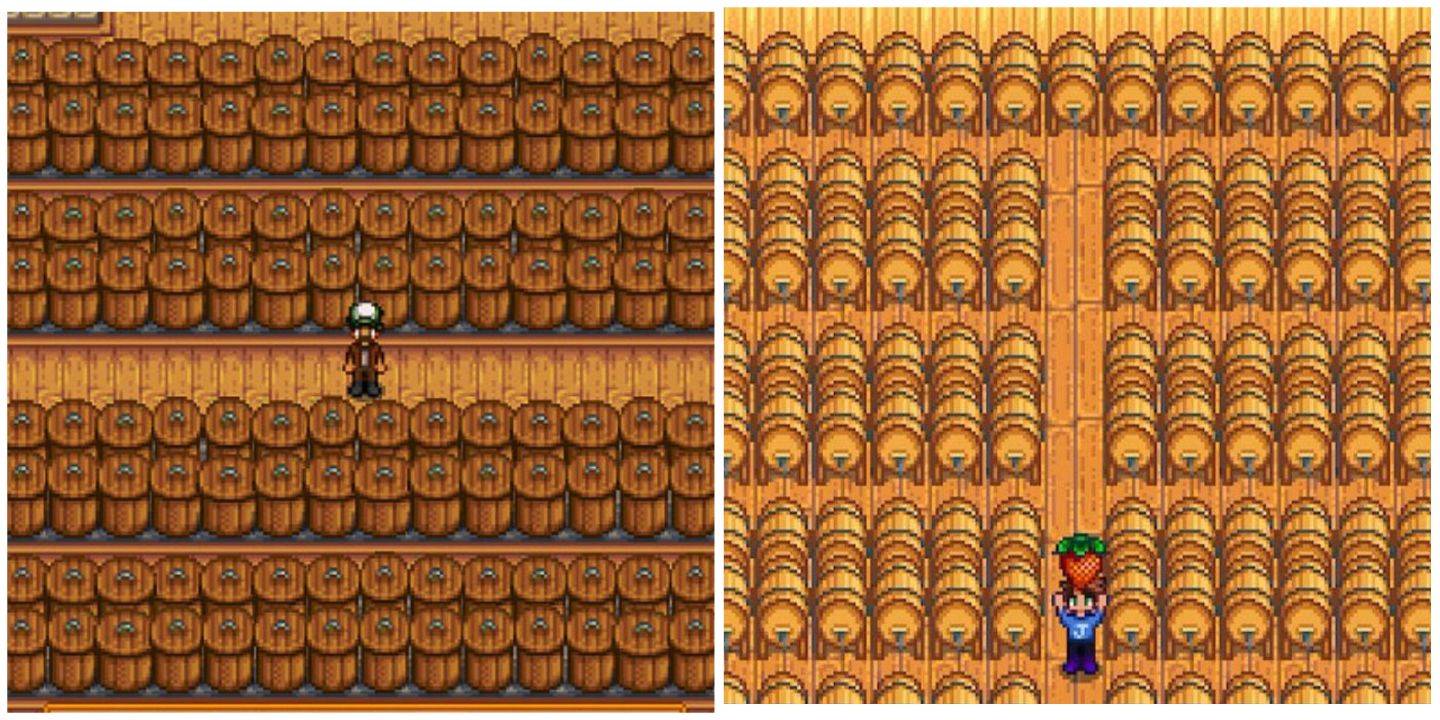Using artisan goods to boost your earnings is one of the most lucrative strategies in Stardew Valley. While it's true that players often create large setups for making Jelly and Wine at higher levels, Preserves Jars are accessible much earlier in the game, making them an excellent choice for beginners looking to increase their profits.
Preserves Jars offer a variety of options for crafting artisan goods, from fruits and vegetables to mushrooms and forage items. They play a crucial role in enhancing the profitability of your farm and are vital for making Fish Ponds more rewarding. Let's dive into everything you need to know about using Preserves Jars effectively.
Updated January 11, 2025, by Demaris Oxman: The 1.6 update of Stardew Valley introduced new possibilities for using Preserves Jars. Now, many foraged items, ranging from the common Dandelion to the elusive Purple Mushroom, can be pickled to increase their value. This guide has been refreshed to include all the latest information on utilizing Preserves Jars for both seasoned foragers and artisan good enthusiasts.
Where To Get Preserves Jars In Stardew Valley
 To craft a Preserves Jar, you'll need to reach Farming Level 4, which unlocks the recipe. The materials required are:
To craft a Preserves Jar, you'll need to reach Farming Level 4, which unlocks the recipe. The materials required are:
- 50 Wood
- 40 Stone
- 8 Coal
These materials are relatively easy to gather, making Preserves Jars an ideal choice for players eager to produce artisan goods quickly. You can obtain Wood by chopping trees, Stone by breaking rocks with a pickaxe, and Coal by defeating dust sprites in the Mines or occasionally from breaking rocks.
In addition to crafting them, you can earn a Preserves Jar by completing the Quality Crops Bundle (or the Rare Crops Bundle if remixed) at the Community Center. You might also find one through the Prize Machine in Mayor Lewis' house.
What Are Preserves Jars Used For In Stardew Valley?
 Preserves Jars can transform a variety of items into artisan goods, each with its unique value and processing time. If you choose the Artisan profession at Farming Level 10, the sale price of these goods will increase by 40%.
Preserves Jars can transform a variety of items into artisan goods, each with its unique value and processing time. If you choose the Artisan profession at Farming Level 10, the sale price of these goods will increase by 40%.
| Item | Product | Sell Price | Health/Energy | Processing Time |
|---|---|---|---|---|
| Fruit | Jelly | 2x (base fruit value) + 50 | For edible fruit: 2x base fruit energy/health | 2-3 in-game days |
| For inedible fruit (e.g., Coconut): 0.5x health, 0.225x energy | ||||
| Vegetable, Mushroom, or Forage | Pickles | 2x (base item value) + 50 | For edible items: 1.75x base item energy/health | 2-3 in-game days |
| For inedible items (e.g., Pumpkin): 0.625x energy, 0.28125x health | ||||
| Sturgeon Roe | Caviar | 500g | 175 Energy, 78 Health | 4 in-game days |
| Any Other Fish Roe | Aged Roe | 60 + (base fish price) | 100 Energy, 45 Health | 2-3 in-game days |
Only Mushrooms and Forage items that provide a positive energy value when consumed, like Chanterelle or Winter Root, can be pickled. Items that subtract energy, such as Red Mushroom and Holly, cannot be used.
The value of the artisan goods produced is based on the base value of the item placed in the jar, not its quality. Therefore, using lower-quality produce in Preserves Jars can maximize your profit margin.
Preserves Jars or Kegs?
 When deciding between Preserves Jars and Kegs, consider the type of produce you're working with. Preserves Jars are more profitable for fruits under 50g in base value and vegetables/forage items under 160g. Additionally, they process goods faster than Kegs. High-yield crops with low base values, like Eggplants, wild berries, Corn, and Tomatoes, are ideal candidates for Jelly and Pickles.
When deciding between Preserves Jars and Kegs, consider the type of produce you're working with. Preserves Jars are more profitable for fruits under 50g in base value and vegetables/forage items under 160g. Additionally, they process goods faster than Kegs. High-yield crops with low base values, like Eggplants, wild berries, Corn, and Tomatoes, are ideal candidates for Jelly and Pickles.
Preserves Jars are also essential for Fish Ponds, as they're the only way to turn Fish Roe into artisan goods, thereby increasing its value. Mushrooms, which cannot be processed in Kegs, also benefit more from Preserves Jars than from Dehydrators in terms of profit margin.

